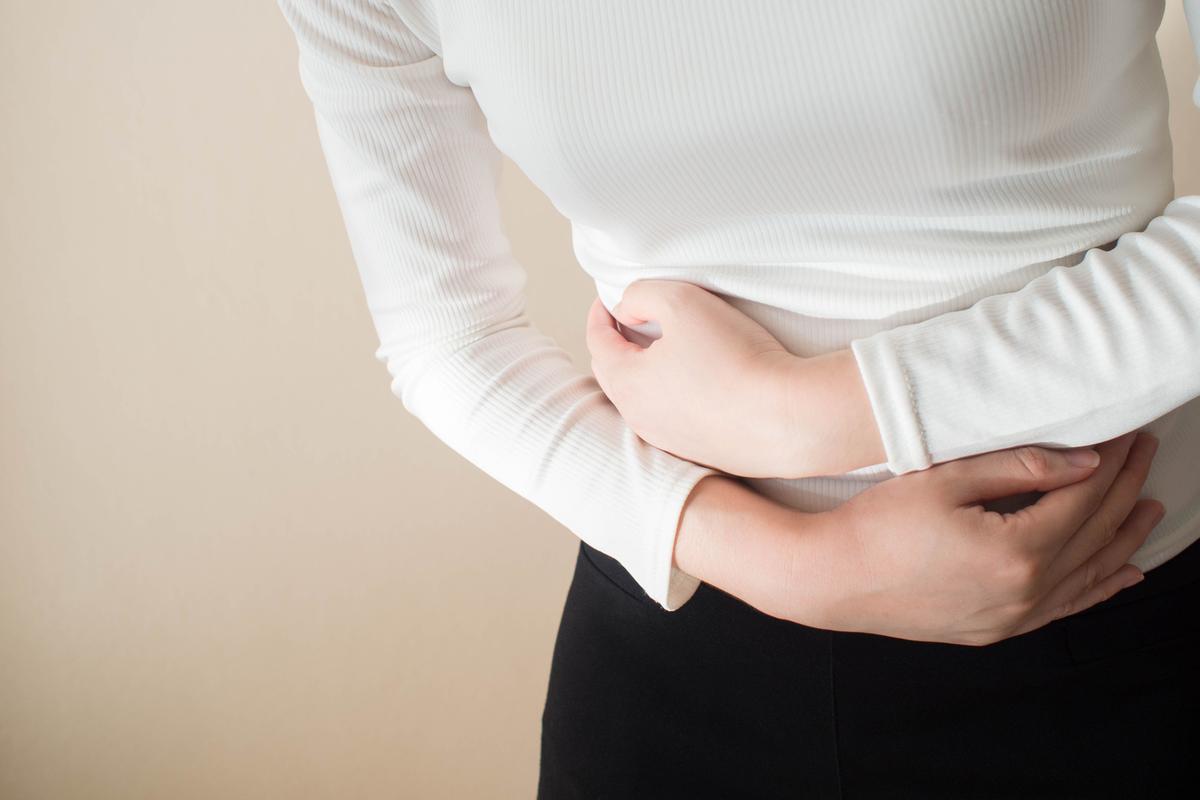About 10% of the world's population suffers from irritable bowel syndrome (IBS): a chronic disorder where patients suffer from abdominal pain and other symptoms such as bloating, flatulence and diarrhoea after eating certain foods. The available treatments are often disappointing and have little effect on the intensity of the pain, giving the disorder a large impact on the quality of life.
This is why there is a big need for new medication especially with analgesic effect on the bowel area. Until recently there was very little progress in that area, primarily because until a few years ago it was unclear how these abdominal complaints arise.
Allergy medication better than a placebo
The study was performed with seven other Belgian and Dutch hospitals. Over twelve weeks, 203 patients with IBS were treated with either a placebo or with 20 mg ebastine, a drug against hay fever. This showed that the allergy drug has promising effects: a proportion of patients who received ebastin had remarkably fewer symptoms after six to eight weeks. The study, that ran until the end of 2022, offers new perspectives to improve the quality of life for a large group of patients.
There is now the prospect of new and more effective medication without serious adverse effects to relieve complaints.
Prof. dr. Guy Boeckxstaens, gastro-enterologist at UZ Leuven and prinicipal investigator of the study: "For many patients this is an important beacon of light. Firstly, there is an explanation for their complaints, and secondly, there is now a prospect for new and more effective medication without any serious adverse effects to relieve their complaints."
The study was performed with the standard dose of 20 mg ebastine. However, a pilot study from 2023 with a higher dose of ebastine had even better results. To further research this promising observation, the research team has started a new study.
Mechanism behind irritable bowel syndrome
In 2021, professor Boeckxstaens' groups discovered that IBS patients developed symptoms as a result of a local immune reaction in the intestine against certain nutrients. The researchers showed that mast cells, a type of inflammatory cells, release histamine after ingesting certain nutrients. Histamine then stimulates pain fibres and eventually triggers symptoms. This mechanism can be compared to the disease mechanism that triggers hay fever.
Participating in the study
If you are interested in participating in the follow-up study, you can contact koen.bellens@kuleuven.be or register via the QR code below.

More information
- At UZ Leuven IBS patients can already get ebastine is part of their treatment. The current study examines whether doubling (40 mg) the standard dose can even better help IBS patients reduce the pain.
- The study was published in Gut, one of the leading journals in the field of gastroenterology, and can be read here: https://gut.bmj.com/content/early/2024/01/08/gutjnl-2023-331634
